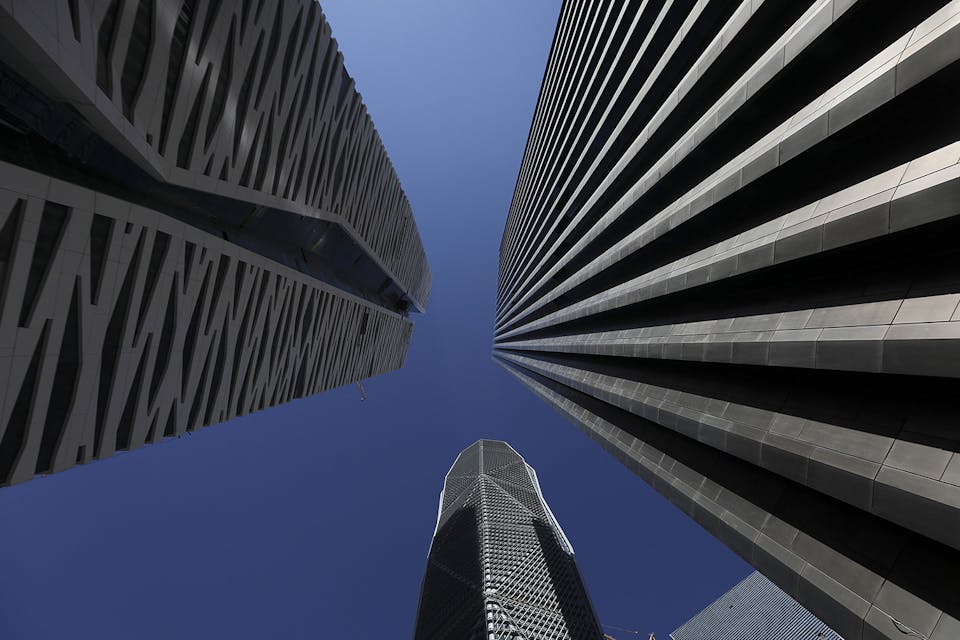
February 14, 2022
Saudi Arabia Is Changing Fast. Can the U.S. Keep Up?
Saudis are joining the labor force, women are driving, and the taboo on Israel has practically vanished. America can support this shift—so why isn't it?
Late last year, I returned to Saudi Arabia for the first time since before the COVID-19 pandemic. The world was different the last time I visited, in 2018, and so was Riyadh.
Back then, the U.S.-Saudi relationship, which has seen its share of ups and downs over the last 75 years, was stronger than ever. While the bromance between the Saudi crown prince Mohammad bin Salman and Jared Kushner stole the fascination of reporters and pundits, bilateral security and economic cooperation was deepening inside the Departments of State, Defense, Treasury and Energy, all with the aim of exerting maximum pressure on Iran and building a new security architecture in the Middle East.
A focus on countering Iran’s malign activities in the region had already accelerated Israeli-Arab security cooperation, enabling a pro-Israel, pro-Gulf Arab administration in Washington to forge the historic peace agreements known as the Abraham Accords. By late 2020, with the UAE and Bahrain signing the Abraham Accords with Israel on the White House lawn, senior members of the Trump administrating believed Saudi-Israeli normalization would soon follow.